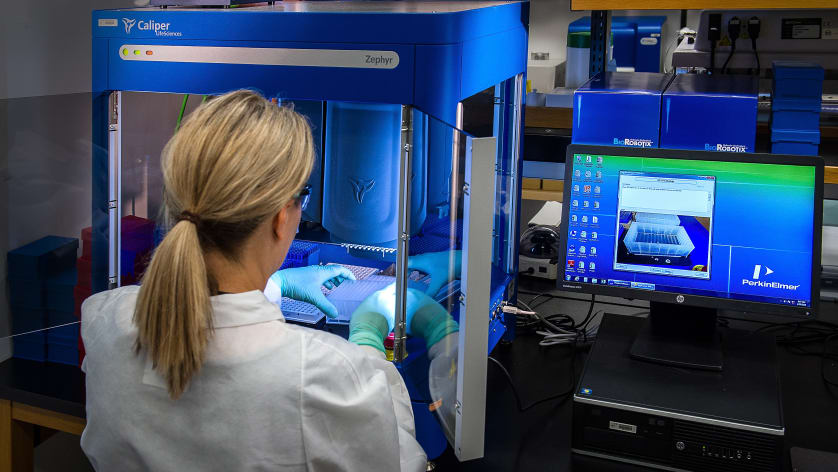What Is Health Tech?

Healthcare technology refers to any information technology tools or software designed to improve hospital productivity, offer new insights into medicines and treatments, or enhance the overall quality of care provided. Weighing down the healthcare industry are the crushing costs and red tape; however, the industry is looking for ways to improve in nearly every imaginable area. Tech tools are being integrated into every step of our healthcare experience to improve quality and efficiency.
By expanding access to healthcare and improving hospital operations, innovators are able to provide a much-needed jolt of efficiency. It is clear that these companies realize that a one-size-fits-all approach to proper care does not exist; instead, they believe that customization is key. This can be done by personalizing everything from insurance payments to diets and sleep patterns. As a result, healthtech companies are able to amplify human health and reduce the amount of strain placed on the industry.
Healthcare technology has the potential to reduce costs, waiting times, inefficiencies in drug development and limited access to insurance and healthcare providers.
Technology use in healthcare
Technology is being utilized in many facets of the healthcare industry, from hospital administration to cancer research and surgery, in order to improve efficiency and make the patient experience more seamless.
Administrative:
A variety of software, tools, and applications are making it easier for hospitals to manage their increasing administrative workloads. Artificial intelligence is assisting administrative teams in streamlining patient flows by accurately calculating wait times to predicting peak busy hours for staff scheduling. Apps are increasingly being used to ask patients preliminary questions and prioritize schedules so doctors can use their time more efficiently.
Surgery:
Robotics has had a significant impact on surgery, from assisting with minor procedures to open-heart surgery. These robots vary in size, from tiny bots that crawl the surface of the heart to large arms that act as an extra set of hands during procedures.
Virtual and augmented reality are not only used for entertainment purposes, but also help with tasks such as practicing new surgical techniques or more thoroughly explaining procedures to patients.
Drug Development:
AI and machine learning are playing an important role in powering new drug research and development for the pharmaceutical industry. These tools are used in a variety of aspects across the industry to help speed up time-consuming tasks, like pinpointing certain chemical combinations that might help create the optimal drug, and identifying patients who could best benefit from a particular drug trial.
Fitness:
The fitness industry has seen a recent increase in the development of wearables, apps, and other tools that track workouts and measure sleep schedules in order to improve fitness and reduce healthcare costs.
Diagnostics & Error Reduction
Healthtech companies have helped detect deadly diseases like cancer earlier and with greater accuracy than relying on humans alone by infusing tech into genetics, pathology and other important diagnostic fields.
Mental Health
Virtual reality is seen as a promising development in the treatment of conditions such as depression, PTSD and Alzheimer's disease. Additionally, telemedicine apps have made it easier to access counselors and healthcare professionals by opening up lines of communication and support, and reducing the need to wait for an in-person appointment during times of duress.
















